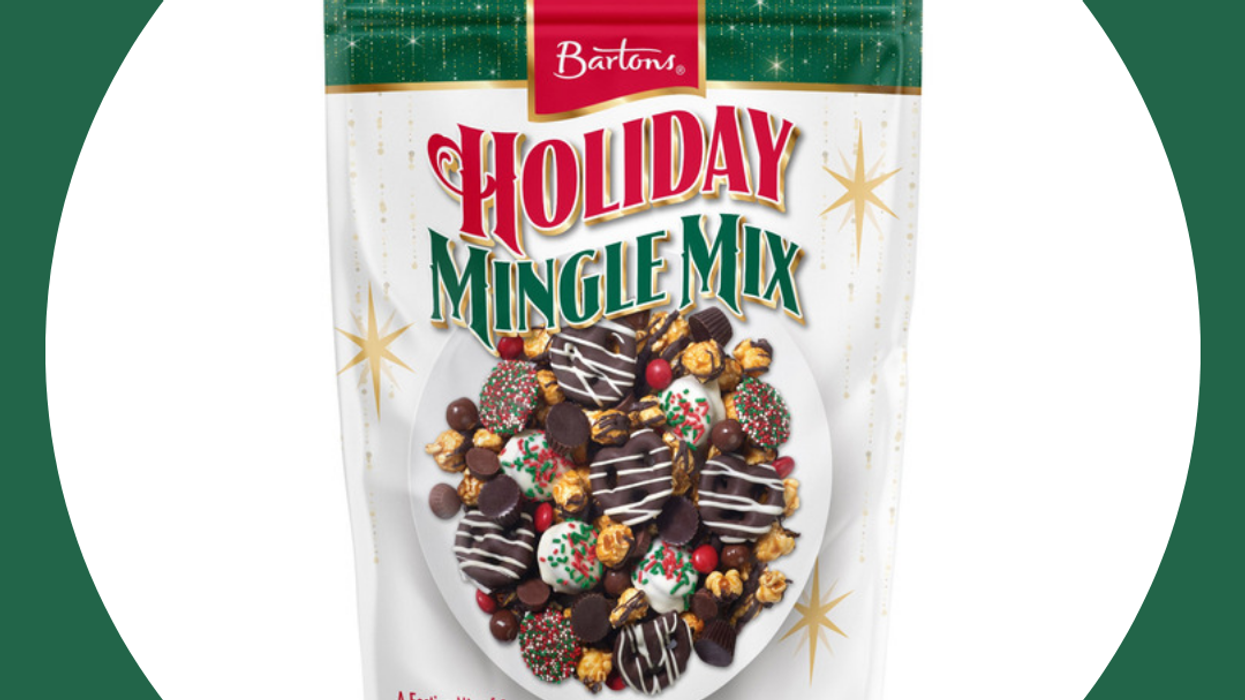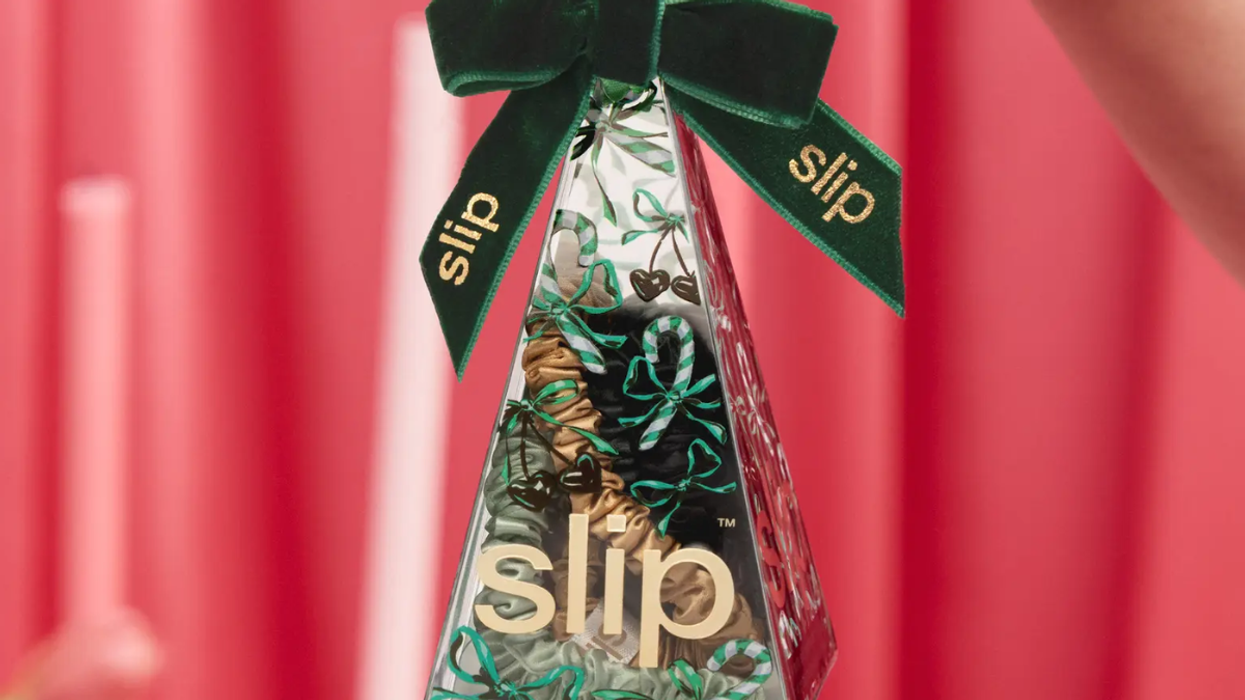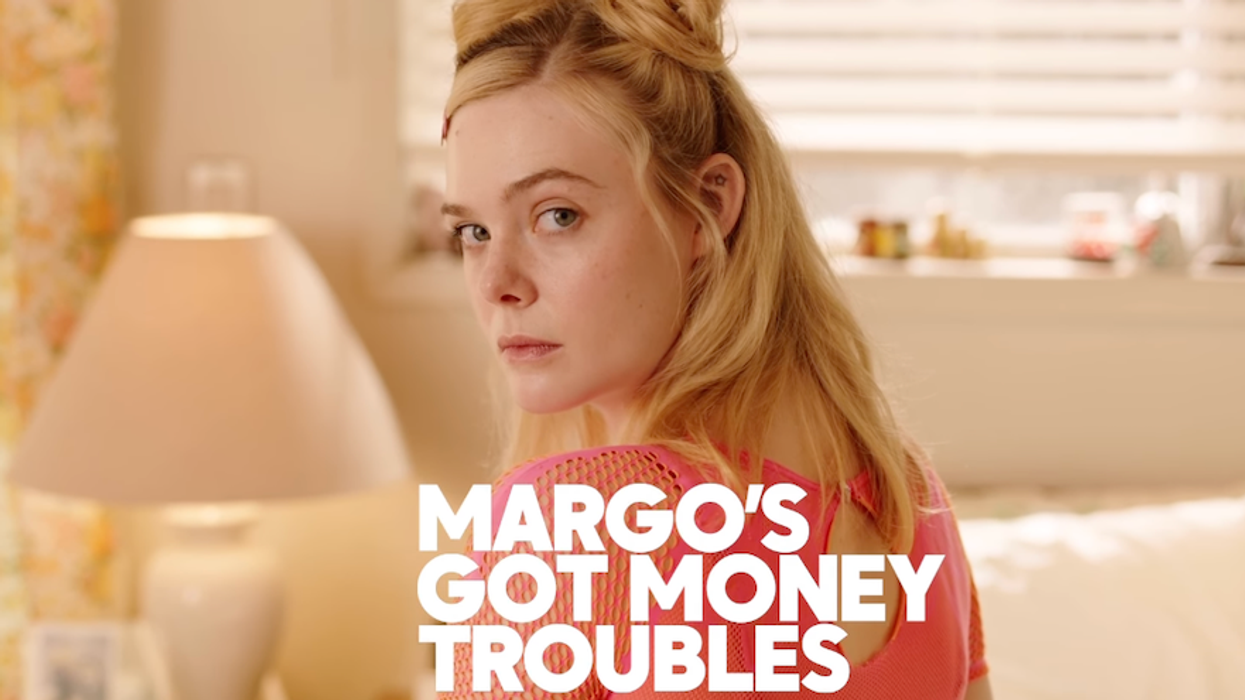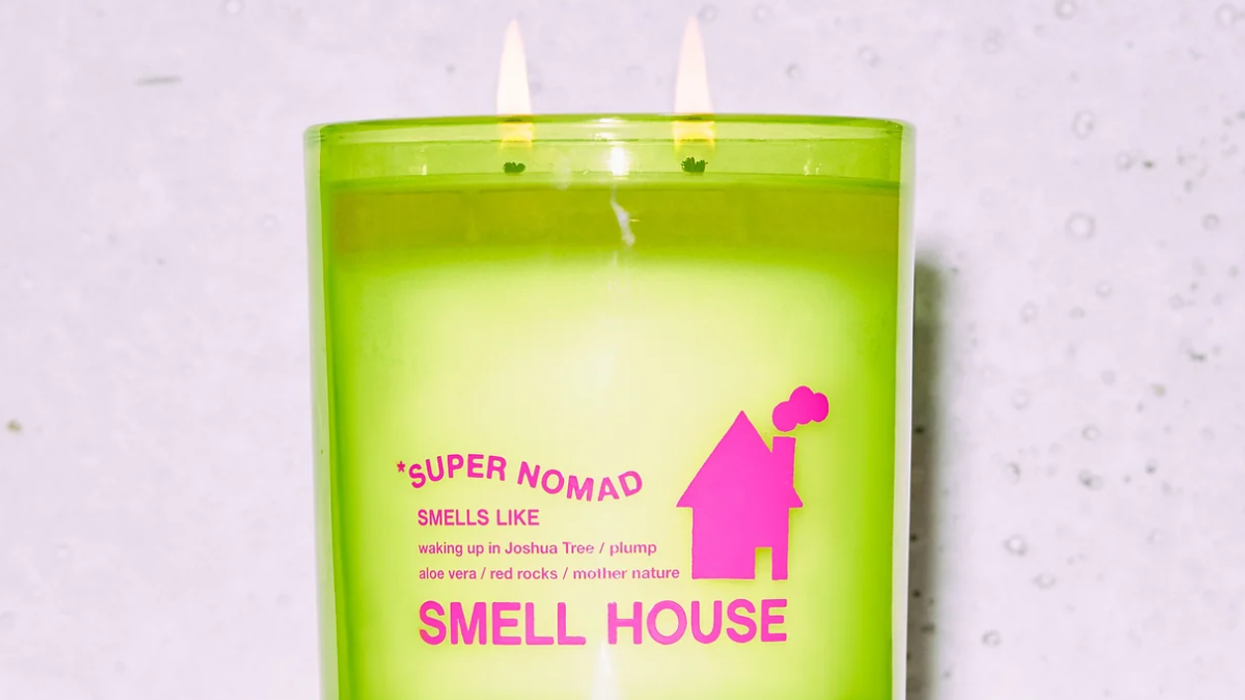All of the plants, none of the planning
Here’s What to Expect From a Plant-Based Meal Delivery Service
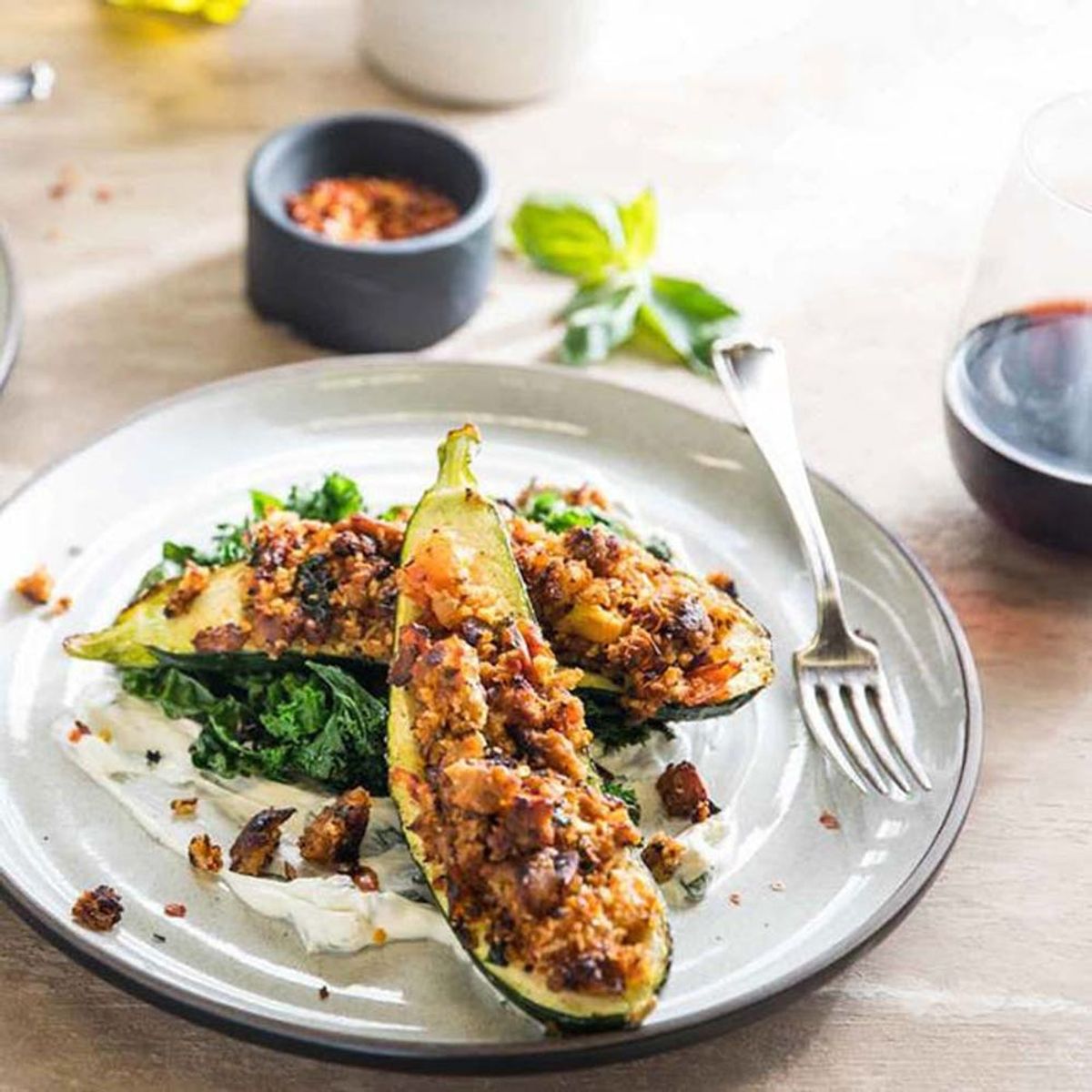
Home-delivered meal kits are having a moment. The ultimate convenience of food delivered to your door easily answers the question of what’s for dinner — and pre-portioned ingredients with step-by-step instructions mean your evening meal can get on the table in record time. For many consumers, however, convenience isn’t the only factor in deciding to try one of these popular services. Most of us want to know that whatever lands on our doorstep (and our plate) is also healthy.

Until recently, I’d never ventured into the world of meal delivery kits, but as a nutritionist, I knew that if I ever did, I’d want it to contain plenty of plant-based ingredients. After all, research increasingly supports the choice of a vegetarian diet for health, with benefits from reduced risk of common diseases to actually living longer (3.6 years longer on average, according to one study). So when Purple Carrot, one of the few vegan meal kit companies on the market, got in touch with me, I was intrigued. Would I like to check out their pre-portioned, home-delivered, plant-based meals for a month? Um, yes, please.
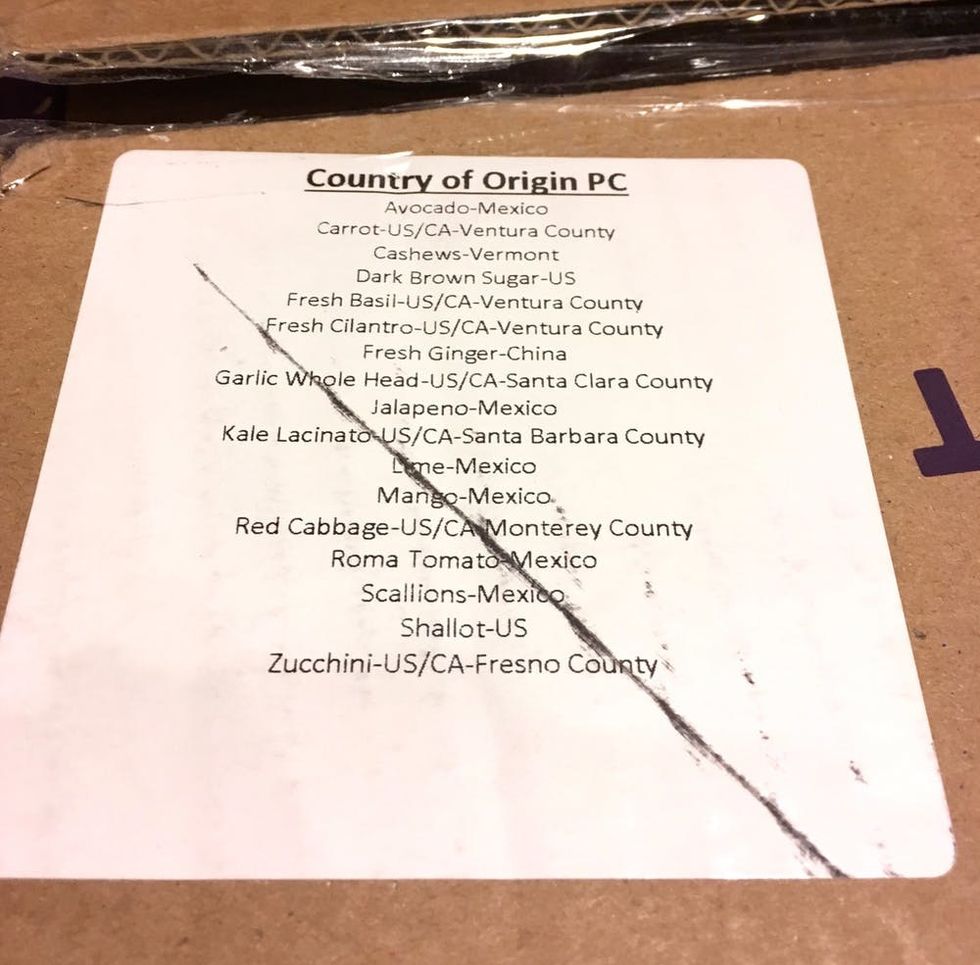
When my first box arrived at my door, I was actually giddy. As a major foodie, getting to open a giant package full of ingredients just for me — and, okay, maybe the other members of my family too — made me feel like a kid at Christmas. I giggled as I cut through the packing tape to discover what lay inside. (But first, I noted the sticker on the box listing the origin of individual ingredients, realizing with pleasure that most everything had not traveled all that far from Arizona, where I live.)
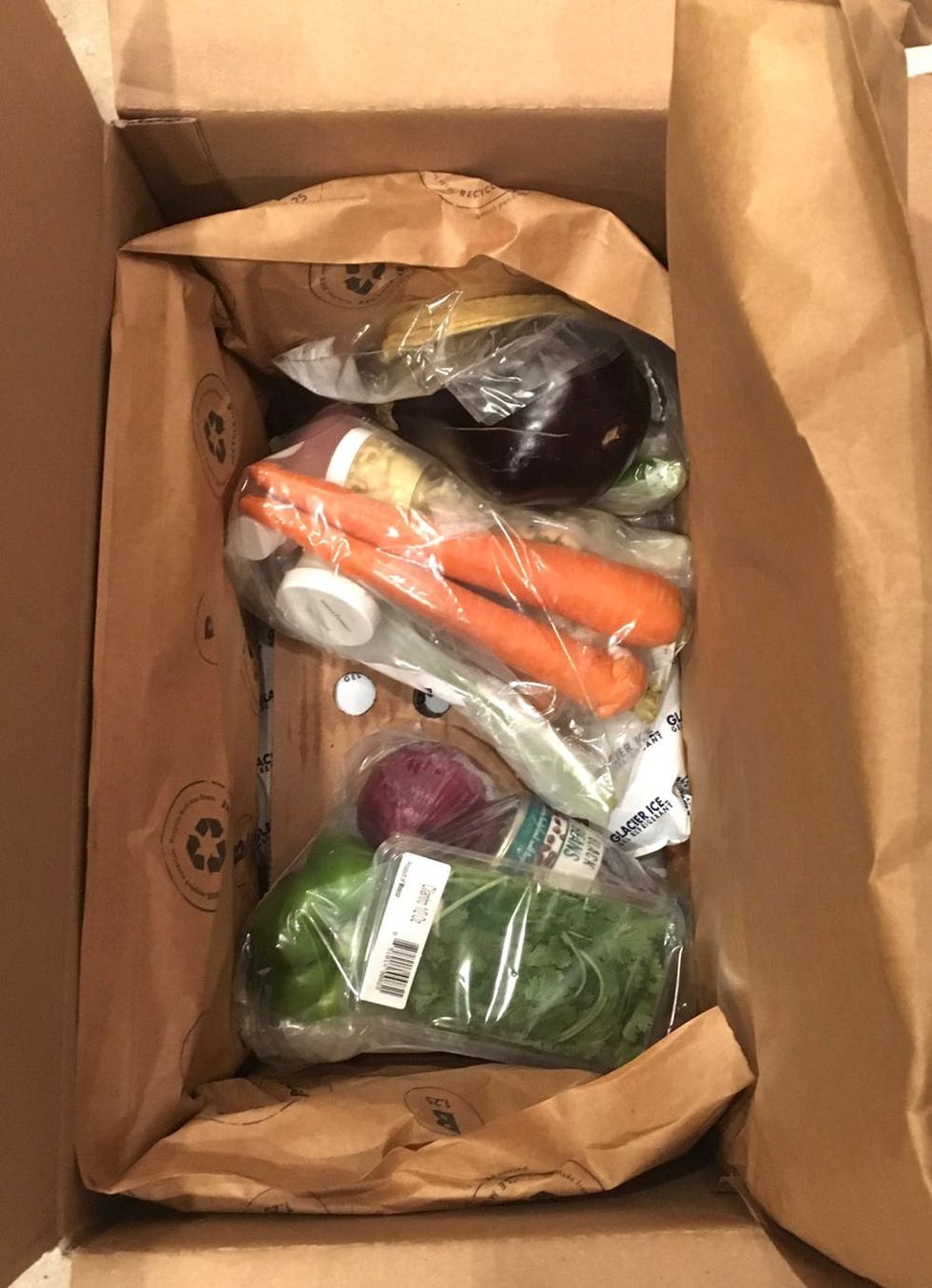
Upon opening the box, I saw neatly organized bags of ingredients, each labeled with the name of a meal. Within each bag, anywhere from six to a dozen items awaited my use, either fresh and whole, like an entire eggplant or pair of limes, or preserved in cans, plastic packs, or mini vials. I stashed each meal packet in the fridge and scoured the colorful accompanying recipe cards. Which meal would I make first — Italian zucchini boats stuffed with vegan sausage? Herb quinoa pilaf? Avocado-watermelon poke bowls?

By the next night, I had decided to try my hand at Italian stuffed zucchini. Following the directions on the recipe card, I walked through the requisite steps of slicing, sautéing, and baking. Though I’m a veteran cook, I could see how even someone less experienced in the kitchen could easily succeed with the logical, photo-based instructions. (Basically, if you can read, you shouldn’t have a problem.) And voilà! Before long, crisp-tender “sausage”-stuffed zucchini emerged from the oven to be laid upon a bed of seasoned, wilted kale. I was pleased to discover that the recipe that supposedly served only two made enough for tasty leftovers the next day.

As I’ve continued to receive boxes in the weeks that have followed, my Purple Carrot subscription has done more than I expected to expand my food horizons. I’m not actually vegan, but throughout the experience, I’ve tried numerous plant-based foods I probably never would have otherwise. Previously, I doubt I’d have ventured into the world of vegan dairy products, like sour cream and ranch dressing, assuming they’d be chalky or taste “off.” Now, having tried these foods, I can say I find them an acceptable substitute for the real thing.
Having pre-selected vegan meals delivered to my door has broadened my palate in other ways as well. It’s allowed (forced?) me to experiment with foreign cuisines and hitherto-unknown ingredients. Essentially, it’s helped break me out of my safe, Americanized cooking rut. Walking through the grocery store on a typical shopping trip, I’d never reach for foods like tamarind chutney or peppadew peppers, but when they’re delivered to my doorstep in recipe-ready, perfectly portioned packages, how can I say no?

I’ll admit, eating so many plant-based meals has also made me feel pretty virtuous about what my dinners are doing for my health and the planet. Purple Carrot’s website reveals that their approach is founded on the proven health and environmental benefits of a plants-only diet. Eating plant-based, they explain, leads to a 55 percent decreased risk of high blood pressure, a 32 percent reduced risk of heart disease, and a 78 percent reduced risk of diabetes. Plus, replacing one burger a week with plants saves the equivalent of 320 miles in carbon emissions.
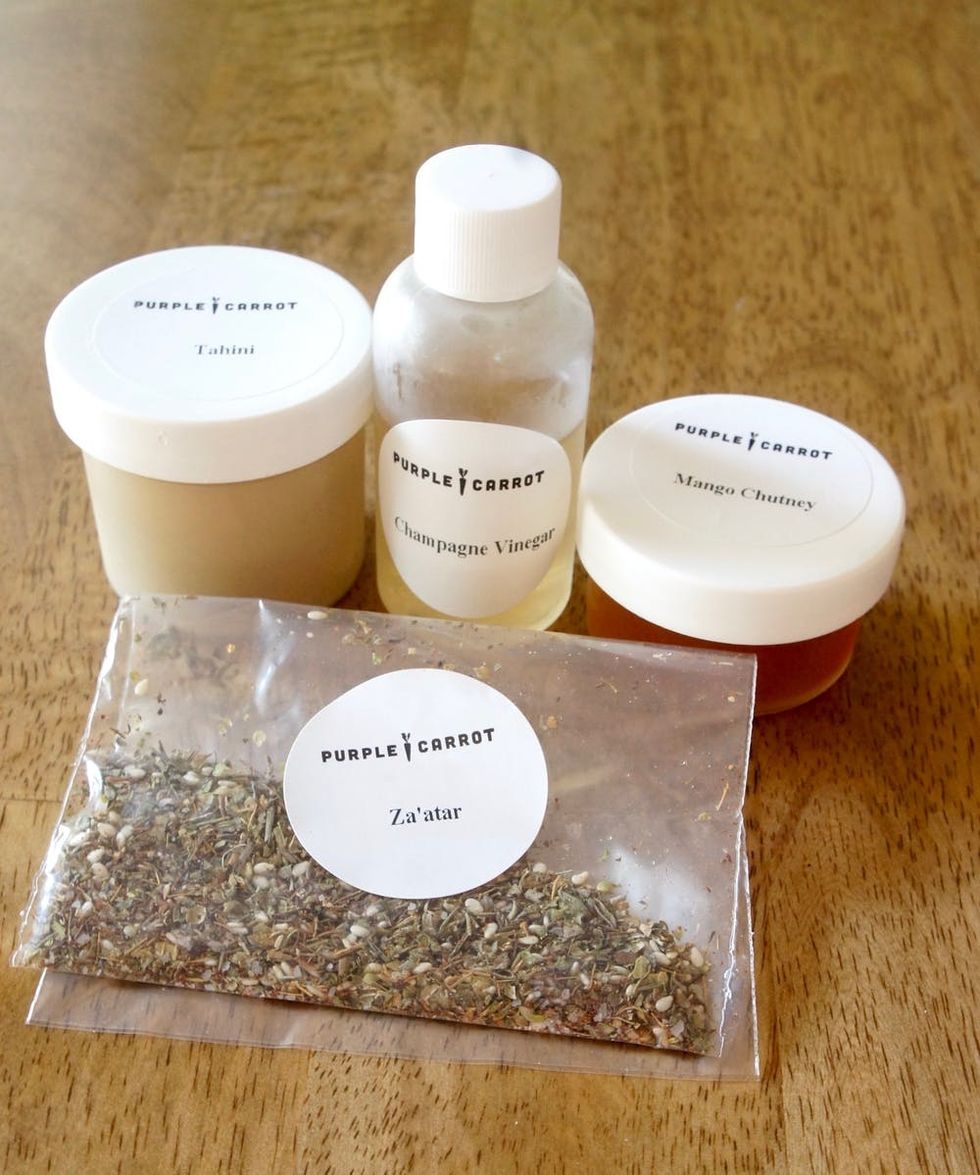
Then again, if there’s one major downside to Purple Carrot (or any meal delivery service), it’s the issue of waste that comes from packaging. Each week I’ve received a delivery, I’ve had to break down a large cardboard box and squeeze it into my already-stuffed recycling bin. Dozens of small vials and sachets of vinegars, oils, and spices line my pantry shelves — as opposed to the larger-capacity containers I’d usually buy. And my spare freezer has become a repository of extremely large ice packs. Granted, these products are mostly recyclable or compostable, but it does make me think twice about the amount of resources that go into making (and ultimately disposing of) them.
Despite this drawback, my month’s subscription has shown me how a plant-based meal service can take the mental effort out of planning healthy meals, provide maximum convenience with ready-to-go ingredients, and offer the nudge I need to try new and different foods, cuisines, and cooking methods — topped off with the giddy delight of discovering it all at my doorstep. What’s not to love about that?
Have you considered trying a plant-based meal service? Tweet us at @BritandCo!
Brit + Co may at times use affiliate links to promote products sold by others, but always offers genuine editorial recommendations.
(Photos via Purple Carrot and Sarah Garone / Brit + Co; featured photo via Purple Carrot)



